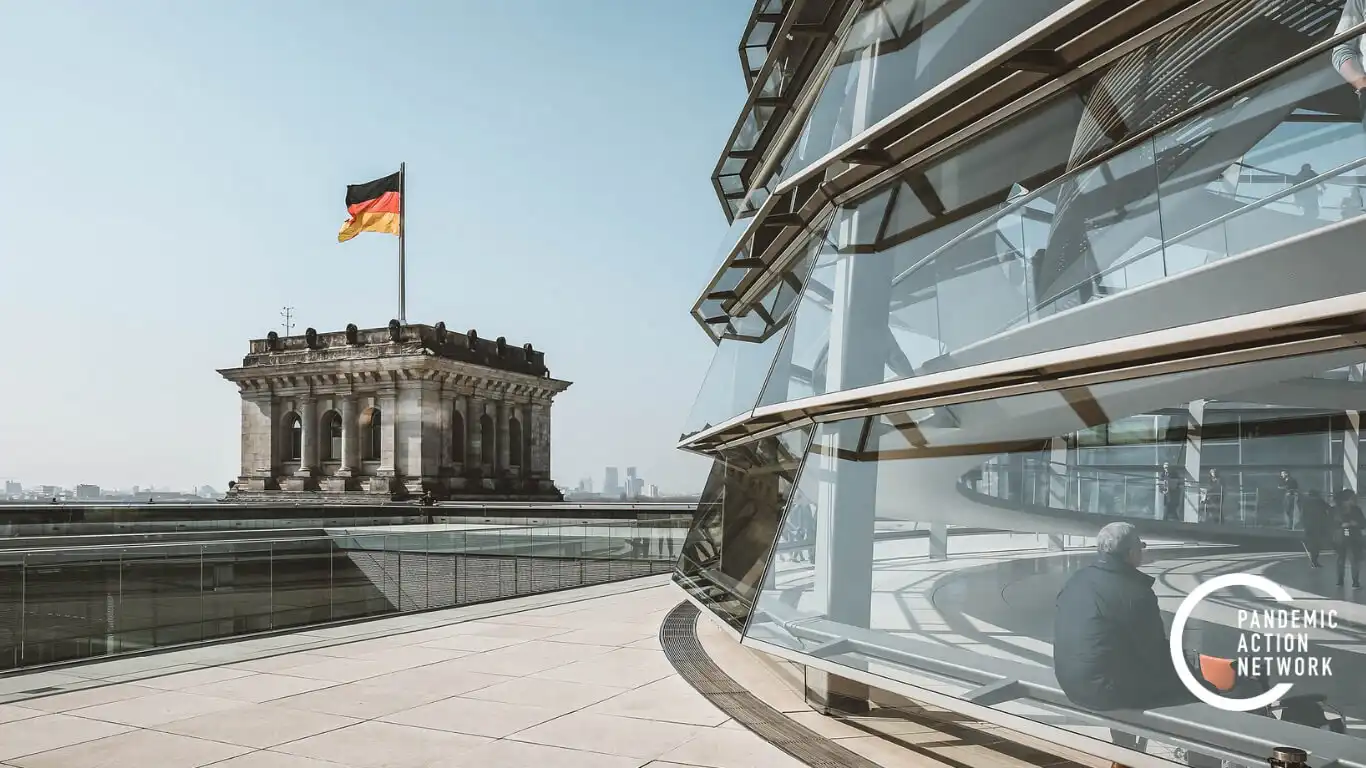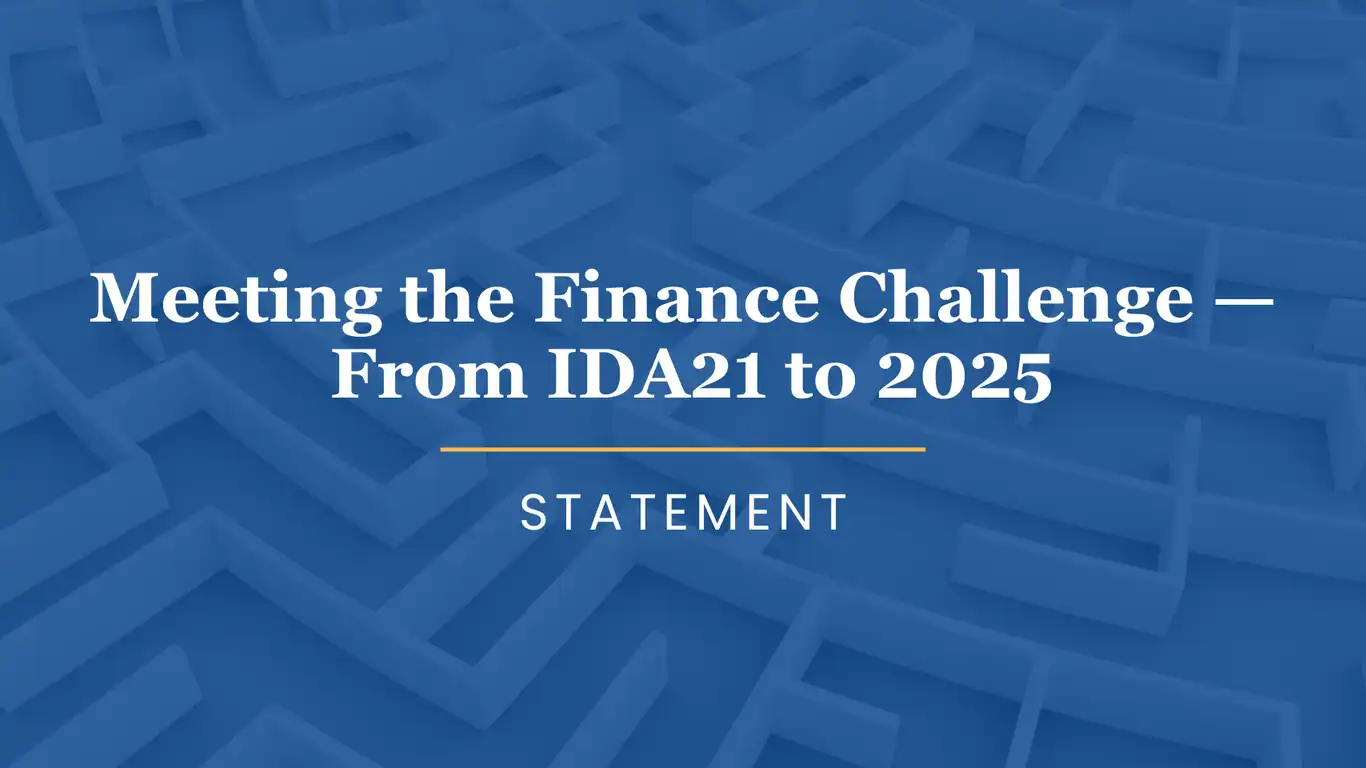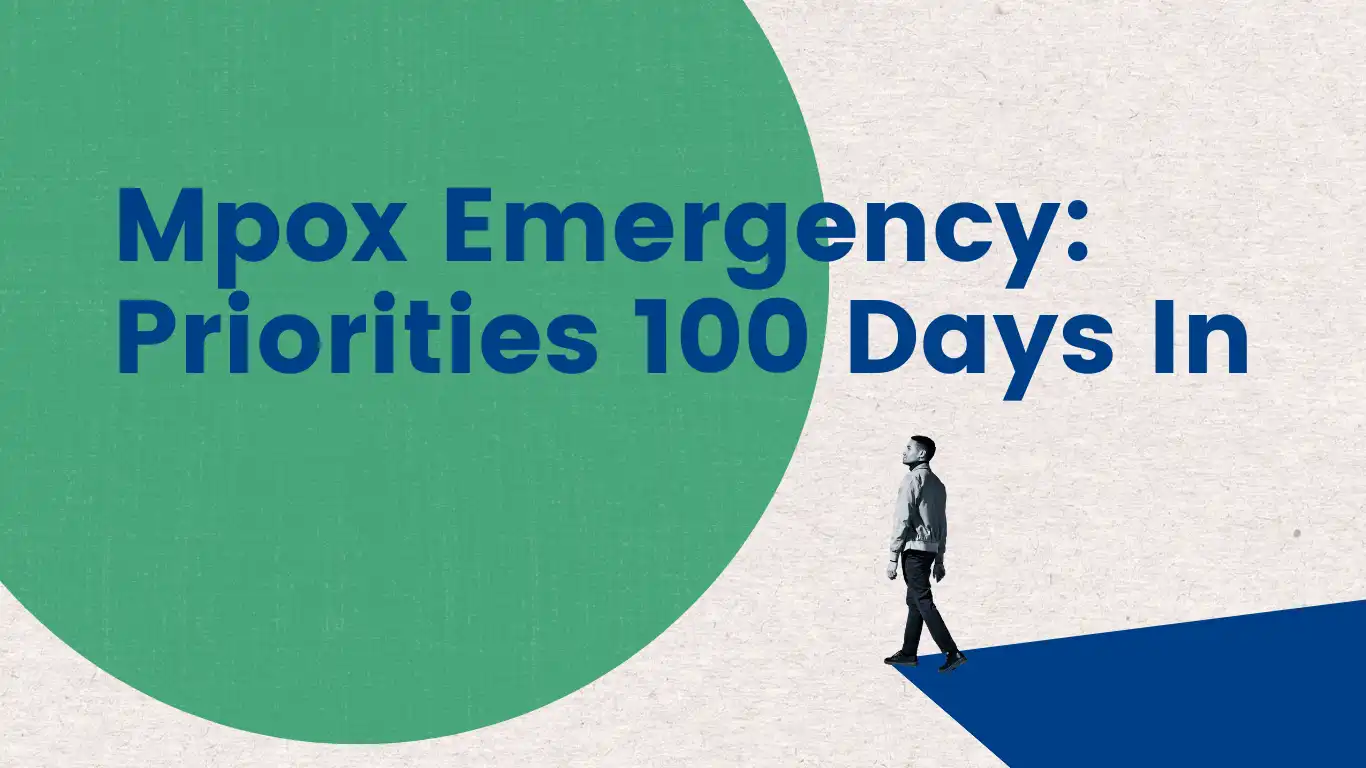On July 1, Germany will take over the Presidency of the Council of the EU. The COVID-19 pandemic has forced Germany to radically revise its priorities for a ‘crisis’ presidency, but it is also an opportunity for the country to show strong leadership on the EU stage, and most importantly on the world stage. The German leadership will be central to ensure Europe’s, and the world’s, response to COVID-19 is global and equitable and invests in a resilient future to ensure this never happens again.
The programme of the 6-month German EU Presidency hasn’t been published yet, but last week Germany, Portugal and Slovenia presented their joint EU presidency programme for the next 18 months.
The German Chancellor, French President and leaders of Spain, Poland, Belgium and Denmark already wrote to the European Commission in early June stating that they want a ‘common European approach’ to preparing for future pandemics.
This has already spurred the EU into action, with a communication on pandemic preparedness expected from the European Commission in the Autumn. We should expect a heavy emphasis on PPE supplies, stockpiling, harmonising data so the disease and policy impact can be more easily tracked and looking at where the EU system in particular failed. We will be working hard to make sure global equity is at the heart of any work Germany drives forward.
Below are some key opportunities over the next 6 months. It will be up to the German Presidency to shepherd the following big initiatives from the EU:
- A Global compact. Once and for all, we must break the deadly and costly cycle of panic and neglect that has left the world so vulnerable to pandemic threats. The world needs a global, costed plan that will provide a roadmap out of COVID-19 and other pandemic threats for good. Chancellor Angela Merkel has already expressed her commitment to pandemic preparedness. She should seize the opportunity of the EU presidency to make this a reality. Germany should use the forthcoming meetings of the G20, the Global Preparedness Monitoring Board and the 75th anniversary of the UN in September to develop a global Compact to ensure we don’t repeat the errors of the past and invest in a better, more resilient future for everyone.
- A Resilience 7-year budget. The Council of ministers and the European Parliament are currently negotiating the EU’s next 7-year budget – the so-called the Multiannual Financial Framework (MFF). The European Commission made an ambitious new proposal in May (read our analysis here). The German presidency should seek to maximise pandemic preparedness and prevention within the MFF as well as globally. The European Commission proposed to use its strong credit rating to borrow up to €750 billion in low interest loans at long maturities on the market to finance its EU Recovery Plan. The EU should consider doing the same to invest in the Global Compact, to step up support to the poorest countries to make the necessary investments in national health security action plans and more resilient health systems.
- A EU Vaccine Strategy for everyone, not just for Europeans. Last week the EU launched a new Vaccine Strategy (read our response here). While the strategy at its core has the objective of securing the necessary volumes of a safe vaccine for EU citizens at a good price, the EC also expressed its commitment to make it accessible for all the regions of the world. The German Presidency should urgently build on that commitment and make it a global mechanism. A norm should be set whereby high income countries reserve an additional amount of vaccines equivalent to their own populations (doubling their commitment) for people in low and middle income countries who struggle to secure enough vaccines for their own populations.
- A stronger World Health Organization. Germany has put WHO on the agenda of its presidency and is committed to give the EU and its Member States a stronger voice in the UN agency leading on global health. Increasing EU leadership and financial support for WHO will be more important than ever in light of the unfortunate USG announcement to withdraw. The German presidency should ensure that the forthcoming review of the COVID-19 response is inclusive and leads to meaningful reforms, including increasing transparency and accountability of WHO Member States and providing reliable funding. A stronger WHO is essential for more effective global pandemic preparedness and response.
All eyes will be on Germany as of July 1. The country has a strong opportunity to build a better future for everyone everywhere, the Pandemic Action Network looks forward to working with Chancellor Merkel and her team to make this happen.



